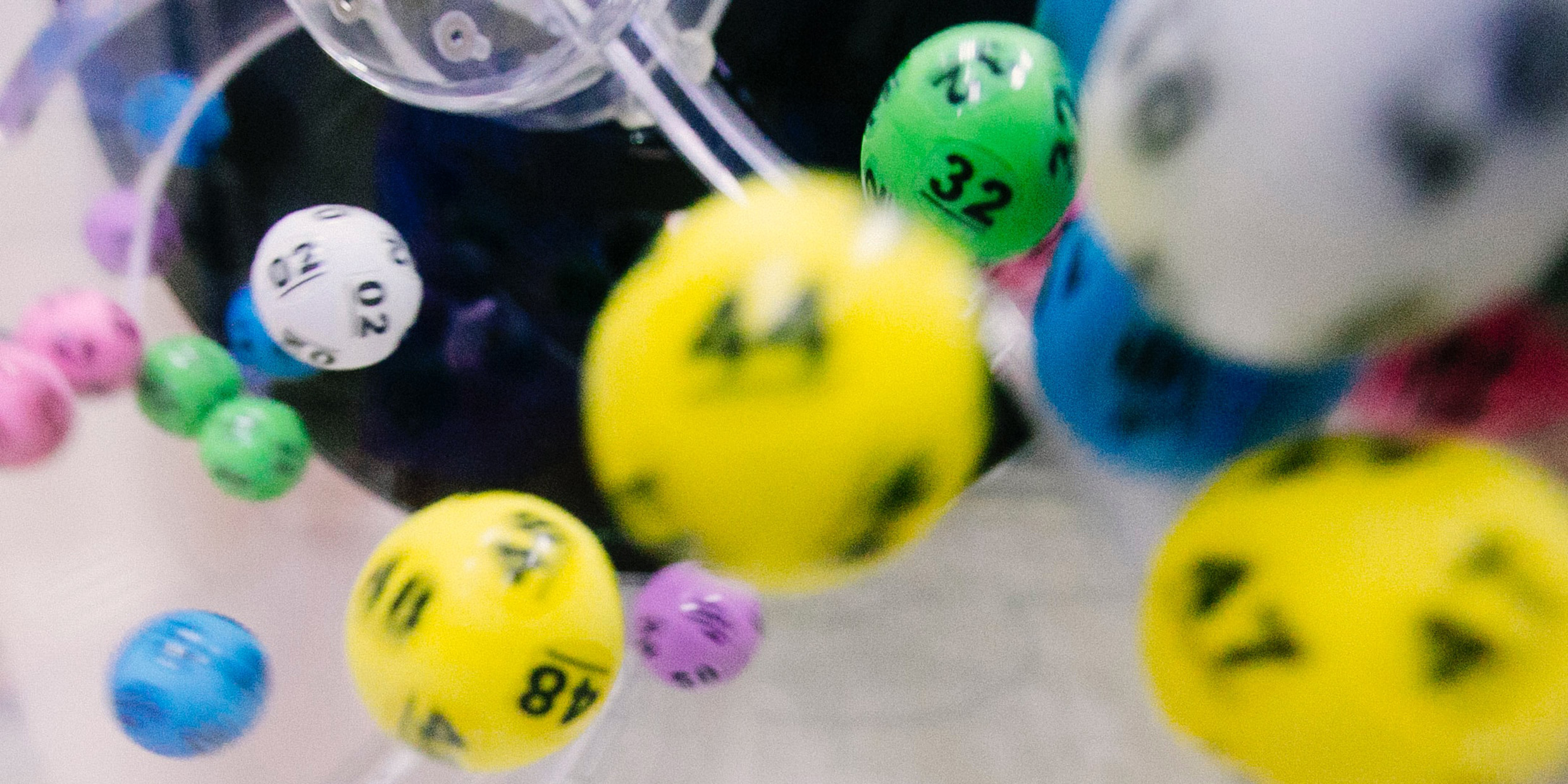Originally published 24 March 1986
Thirty years ago, at about the time I began to study science, I came across a book called A Million Random Digits. Here, in a volume as thick as the Boston telephone directory, were page after page of numbers with no apparent pattern. No matter how long you studied the numbers, there was no way to predict what digit would occur next.
Why would anyone spend good money on a book of random numbers? I asked myself. I soon discovered the extraordinary value of such a tool.
Scientific descriptions of complex phenomena are often statistical: They make predictions about trends or probabilities, not about specific events. For example, the outcome of the flip of a coin cannot be predicted, but in a hundred flips the odds are high that you’ll get 50 heads. The book of random numbers was statistical in the same way; you might not be able to predict the next digit, but the odds are high that in a hundred digits half will be a digit less than five.
Scientists can create models to illustrate and study the effects of statistical laws by using random numbers. The numbers in the book could be used to simulate the flipping of a coin (a digit less than five is a head, a digit five or greater is a tail). Biologists use random numbers to model the evolution of populations that are controlled by the statistical laws of genetics. Economists use random numbers to model statistical fluctuations in prices and demand. The list of applications is endless.
Recipe for randomness
Today, everyone working in science has access to a computer that can generate a hundred random digits in the blink of an eye. Unfortunately, the “random numbers” generated by computers are not random at all. Computers use a mathematical recipe to churn out numbers that appear to be statistically random, but in fact — if you knew the recipe — you could say with certainty what digit would appear next.
Could we recognize a string of truly random digits if we had one, digits that don’t follow from any recipe or rule? Statisticians have labored mightily to devise tests of randomness. For example, in a string of a thousand random digits, half should be a digit less than five. But a string of digits that met this test could still hide some other subtle lack of randomness; for example, two’s could follow three’s more often than any other digit.
Because of the widespread use of random numbers in science, it is important to have a satisfactory test of randomness. Persi Diaconis of Stanford University, a statistician who is presently teaching a course on randomness at Harvard, has been working to devise a theory of randomness.
But randomness has proved to be splendidly evasive. Says Diaconis: “The more you think about randomness, the less random things become.” He is worried that scientists who are naive about the randomness of computer-generated numbers could end up with misleading results.
By now, your head is probably spinning like a roulette wheel. And no wonder: Not even statisticians know how to recognize random numbers. Randomness is an idea that everyone thinks they understand, but it is devilishly difficult to define.
There is more at stake here than simply refining mathematical techniques. Philosophical questions are at issue: Is the usefulness of statistical laws in science a cover for our ignorance of the detailed behavior of complex determined systems? Or, as the quantum physicists say, is there something intrinsically probabilistic about the universe?
Bamboozling and Megabucks
I once heard a random number generator described as a “bamboozling machine.” For example, the machine that pops out the numbered balls for the winning Megabucks number is supposed to be a bamboozling machine; it is supposed to bamboozle everyone but a few lucky millionaires. But it is almost certainly not. If you knew the order in which the numbered balls were put into the revolving drum, and if you knew how many times the drum was turned, and if you knew the nature of the mechanism that releases the balls from the drum, then you could build your own machine and, by testing it, have a better than random chance at winning Megabucks.
A perfect bamboozling machine would rule out the possibility that anyone could ever know enough about the initial conditions of the machine to predict the outcome. A perfect bamboozling machine would be fundamentally and intrinsically random.
Complexity can make things look random that may not be. The “free will” of a human being looks like a bamboozling machine to a philosopher. An amoeba looks like a bamboozling machine to a physicist.
Is the universe itself a bamboozling machine? Is there a chaotic, helter-skelter element to nature that will never yield to deterministic analysis? Is tomorrow a random possibility, or is it determined by today? The work of statisticians like Diaconis will not answer the question, but it will help us pose the question more precisely.



